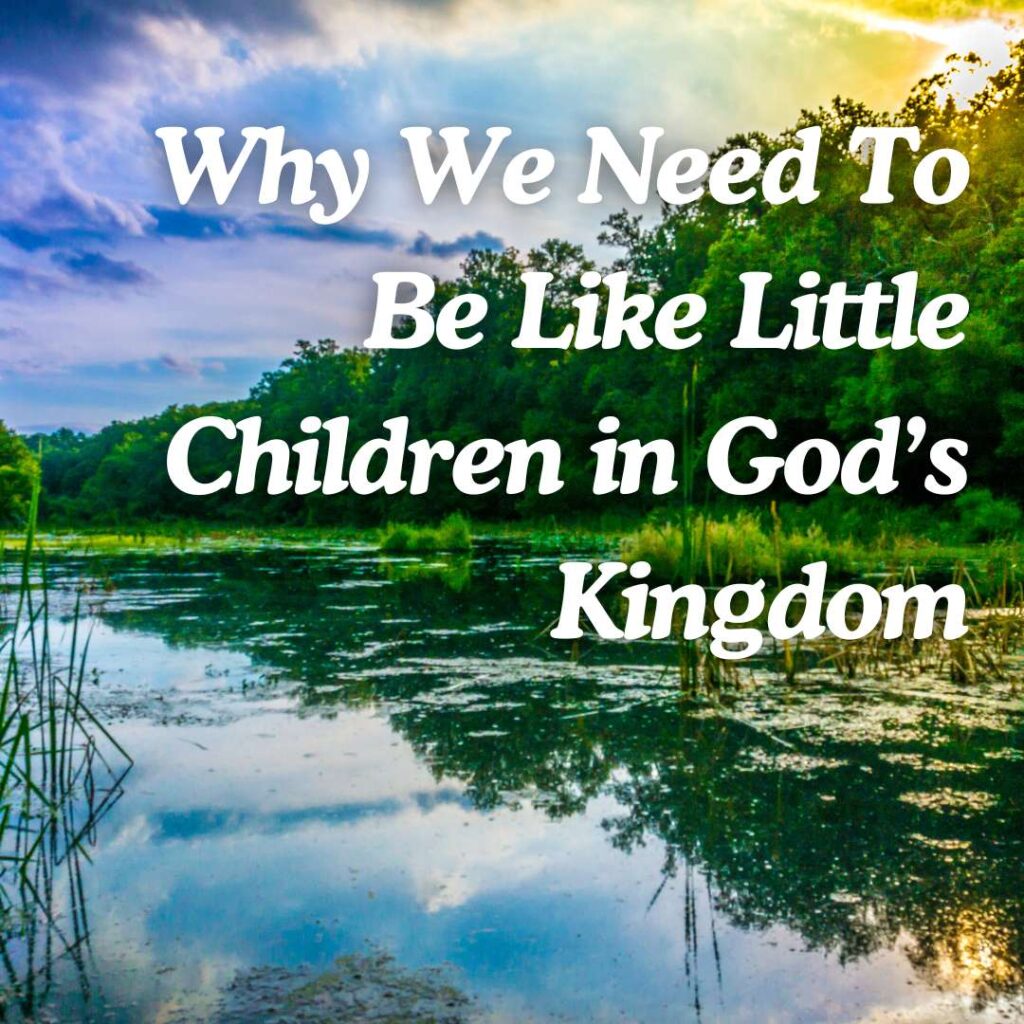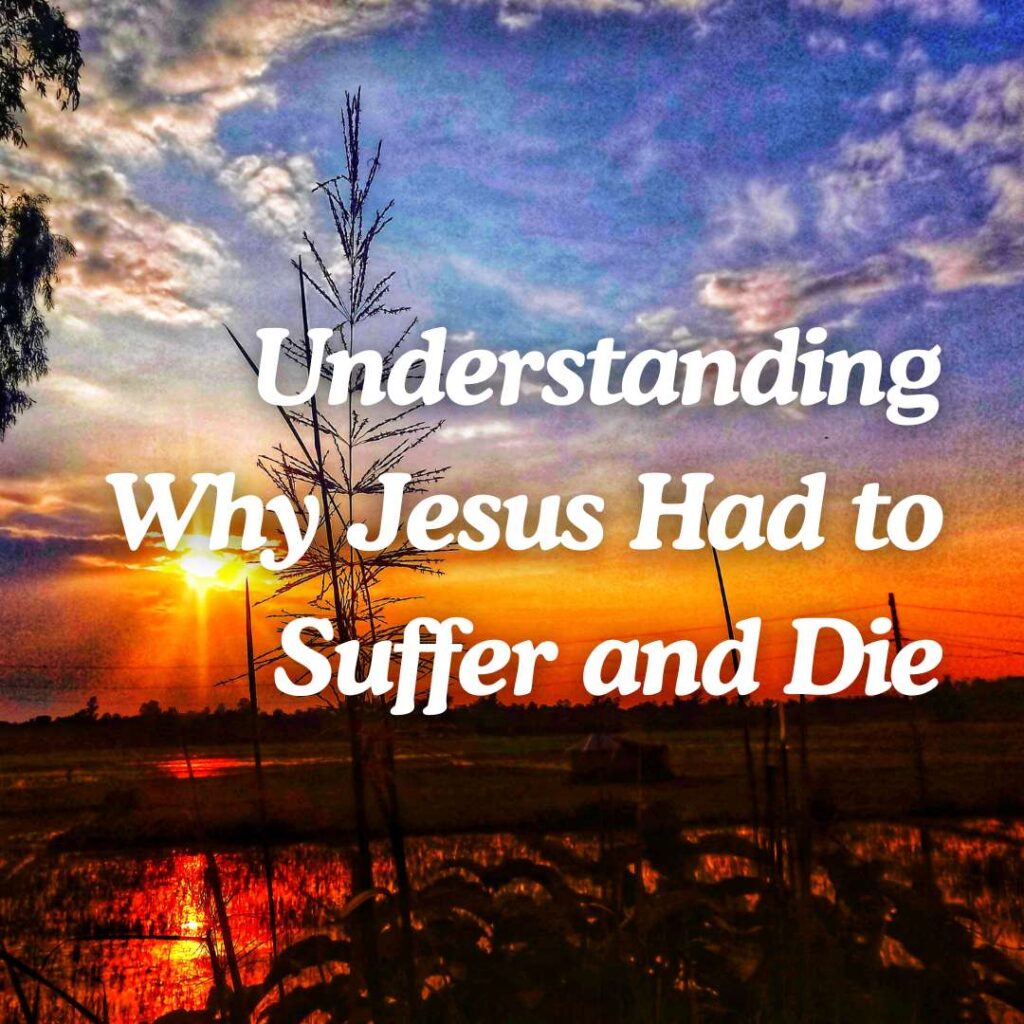 In a world where status and power often dictate worth, Jesus presents a radical idea: greatness in the Kingdom of Heaven is found in childlike humility. This devotional invites us to explore what it means to approach God and others with the innocence, trust, and humility of a child, as taught by Jesus in Matthew 18:1-5, 10.
In a world where status and power often dictate worth, Jesus presents a radical idea: greatness in the Kingdom of Heaven is found in childlike humility. This devotional invites us to explore what it means to approach God and others with the innocence, trust, and humility of a child, as taught by Jesus in Matthew 18:1-5, 10.
Scripture Reading:
“In that hour the disciples came to Jesus, saying, ‘Who then is greatest in the Kingdom of Heaven?’ Jesus called a little child to himself and set him in the middle of them, and said, ‘Most certainly I tell you, unless you turn and become as little children, you will in no way enter into the Kingdom of Heaven. Whoever therefore humbles himself as this little child is the greatest in the Kingdom of Heaven. Whoever receives one such little child in my name receives me. See that you don’t despise one of these little ones, for I tell you that in heaven their angels always see the face of my Father who is in heaven.’” — Matthew 18:1-5, 10 (WEBBE)
Reflection: The disciples, like many of us, were concerned with status and greatness. They wanted to know who would be the greatest in the Kingdom of Heaven. Jesus’ response, however, was unexpected. Instead of pointing to a person of high status or power, He called a little child to Him and used the child as an example of greatness.
Jesus emphasized the need for humility by saying, “unless you turn and become as little children, you will in no way enter into the Kingdom of Heaven.” This turning refers to a change of heart, a shift from pride and self-reliance to humility and dependence on God. A child’s humility is marked by trust, simplicity, and a lack of pretense. They do not seek status; they simply trust and rely on those who care for them.
In verse 10, Jesus further warns against despising or looking down on “these little ones,” highlighting their importance in the Kingdom. Their angels, He says, always see the face of the Father in heaven, underscoring the value and dignity of every childlike believer in God’s eyes.
To be great in God’s Kingdom, we must embrace the humility of a child. This humility is not about thinking less of ourselves but rather thinking of ourselves less, trusting fully in God, and welcoming others with the same grace that we have received.
Prayer: Heavenly Father, teach us to humble ourselves as little children before You. Help us to let go of our pride, status-seeking, and self-reliance. Give us the grace to trust in You completely and to welcome others with the love and humility that You have shown us. May we always remember the value of every person in Your Kingdom, and never look down on anyone. In Jesus’ name, Amen.
Action Plan:
- Practice Childlike Trust: This week, identify an area of your life where you struggle with trust. Consciously choose to place your trust in God, approaching Him with the simple faith of a child.
- Embrace Humility in Relationships: Seek out opportunities to serve others without seeking recognition. Whether it’s a simple act of kindness or putting someone else’s needs before your own, let humility guide your actions.
- Honor the “Little Ones”: Reflect on how you treat those who may be overlooked or undervalued in society. Make an effort to show them respect, kindness, and the love of Christ.
Thoughts for Contemplation:
- How often do I seek recognition or status rather than serving others with humility?
- In what ways can I cultivate a childlike heart that trusts in God and values others as He does?
- Do I treat everyone, regardless of their status, with the dignity and respect they deserve as children of God?
Reflect on these questions and allow the Holy Spirit to guide you into a deeper understanding of what it means to be great in the Kingdom of Heaven through childlike humility.



